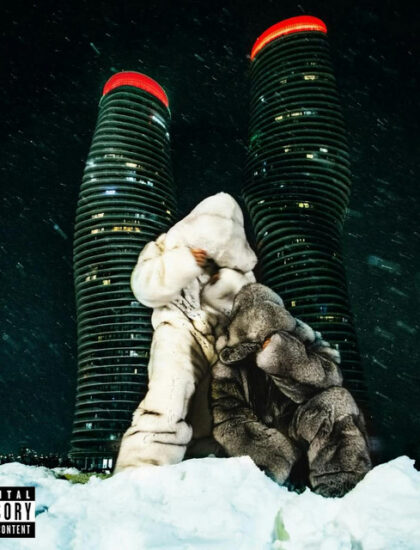Maita Baba arrived as the part 2 of Jah Prayzah’s double album release in May this year. Coming directly on the footsteps of Chiremerera a day before, it was the artist’s 13th album. In similar fashion the album that preluded it, Maita Baba arrived with 13 tracks. It was dedicated to Jah Prayzah’s more urban sound and this was represented in not only the producers on the album but the featured artists.
The production on Maita Baba was handled principally by Dakari (renowned for his work with G Eazy), with added help from DJ Tamuka, Victor Stot, Rodney Beatz, and Heavy K among others. While the featured artists are Sha Sha, Takura, DJ Tira, Nomfundo and Gemma Griffiths.
Although celebrating the more urban sound, the album still had instrumentation as a major feature. Compared to Chiremerera, Maita Baba is a lot less heavier in the stories it tells. It’s not overly upbeat music but it’s certainly fun and playful, with a softness on the ear. The opening track Walletically is one song that completely embodies this.
Walletically has a certain vibrance to it and it’s humorous in some of it’s lyricism. The track is centred on how different you move when you have a healthy financial status. The love song Pikiniki is another track that has that same feeling of playfulness. The music is easy on the ear and it has an infectious nature that makes you want to dance.
No matter the side of him in sound he’s expressing, Jah Prayzah has an affinity for the subject of love. He touches on it again on the somewhat Sungura sounding Forogonya and the soft sung duet Wandibhowa alongside Sha Sha.
They’re a few quite experimental songs as far as Jah Prayzah’s usual sound is concerned. Kure Nehama which features South Africa’s Heavy K is one such song. It places Jah Prayzah’s vocals on the base of a Afro House instrumental and beyond it being intriguing, it somehow just works.
Wandakada, the one I feel in love with, is as evident a love song. It has a fusion of synth and saxophone that gives it a gentle jazz feel, while being quintessentially the urban sound of Afrofusion. Jah Prayzah sings about falling in love and the journey of courting. All through the album Jah Prayzah’s rich baritone that we’ve become accustomed to remains the same.
The title track Maita Baba, thank you father, is a song of giving thanks to God. Jah Prayzah teams up with Sha Sha, for a somewhat soulful expression gratitude. The track is smooth and with a mellow tempo. Sarure brings to mind the childhood rhyme/game “Sarura wako kadeya-deya nendoro chena…”, which was about choosing partners. Sarura means choose, and sarure is somewhat the past tense of the action. The song has a slow tempo and the beautiful strumming of guitar.
Chero, anything goes, is a mid tempo track that brings about slight alterations to Jah Prayzah’s cadence. He wears the hat of a rapper in some instances and the song depicts a feeling of happy surrender. Kamwenje, a light, is the opposite in feeling as it asks for a sign. The song is graced by beautiful backing vocals and it’s a track of hope. It’s extremely tender and characterised by a constant soft strumming of drums. It’s the type of song that pulls on your heartstrings and fills you with emotion.
Ndorira alongside Takura, attempts a balancing act Afrofusion and rap while the Afropop duet Shungu alongside Gemma Griffiths stands out as my favourite song. Maita Baba is characterised by an array of bright sparks that makes it quite a good album. However when you place it alongside Chiremerera it’s not as complete a project.
The experimental sound of some tracks offers up variety, which certainly makes it memorable but on the other hand however this takes away from it’s cohesiveness. Maita Baba was Jah Prayzah out of his comfort zone and in the moments it did come together, the music sounded special.























